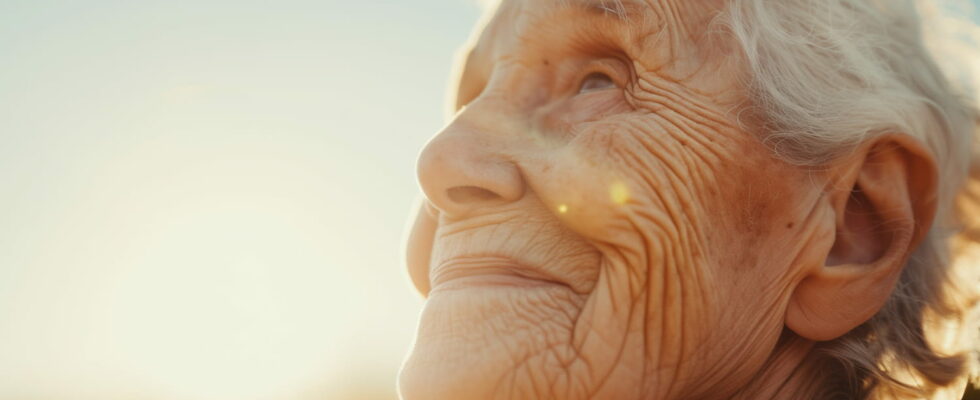According to science, there is an age that theoretically cannot be exceeded.
In France, life expectancy continues to rise. Although we live longer and longer, death remains inevitable. At the end of the 18th century, biologists estimated that a person in perfect health, spared from accidents and illness, could live to be 100 years old, but rarely more. Centenarians were then extremely rare. Thanks to medical advances and improved living conditions, the limits of human longevity have gradually been pushed back to 110, 115, then 120 years, explains theIned. In 1997, Frenchwoman Jeanne Calment reached a new milestone by celebrating her 122nd birthday, thus establishing the record for human longevity.
The information collected is intended for CCM Benchmark Group to ensure the sending of your newsletter.
They will also be used, subject to the options subscribed, by CCM Benchmark Group for the purposes of advertising targeting and commercial prospecting within the Le Figaro Group, as well as with our commercial partners.
The processing of your email for advertising purposes and personalized content is carried out when you register on this form. However, you can object at any time
More generally, you have the right to access and rectify your personal data, as well as the right to request its erasure within the limits provided by law. You can also review your commercial prospecting and targeting options at any time. Learn more about our Privacy Policy or our Cookies policy.
With advances in genetics and understanding of the mechanisms of aging, scientists are considering the possibility of living much longer. In the magazine Natureresearchers from Singapore attempted to estimate the limit of human life. To do this, they studied the aging of numerous people in the United States and England, by analyzing their blood tests and their levels of physical activity. They found that with age, the human body takes longer and longer to recover from the stress linked to an illness or health problem, which is called “resilience”.
This resilience is on average 2 weeks at 40 years old, 6 weeks from 80 years old and more than 8 weeks at 90 years old. In other words, “as we age, it takes more and more time to recover from a disturbance, and we spend less and less time near the optimal physiological state” explains Timothy Pyrkov, the author of the study. Beyond a certain age, humans completely lose their capacity for resilience, even in the absence of chronic illnesses. “Resilience would ultimately be lost at the critical point at an age between 120 and 150 years, thus indicating the absolute limit of human lifespan“, report the researchers.
This discovery marks a major breakthrough because it determines the roles of fundamental factors (here, resilience) in human longevity and explains why even the most effective prevention and treatment of age-related diseases could only improve the average lifespan, but not the maximum lifespan “unless real anti-aging therapies are one day developed“, conclude the researchers in a press release.
